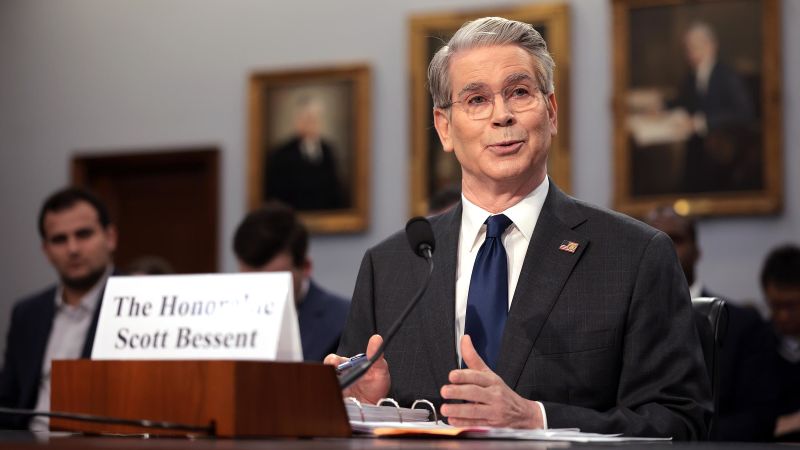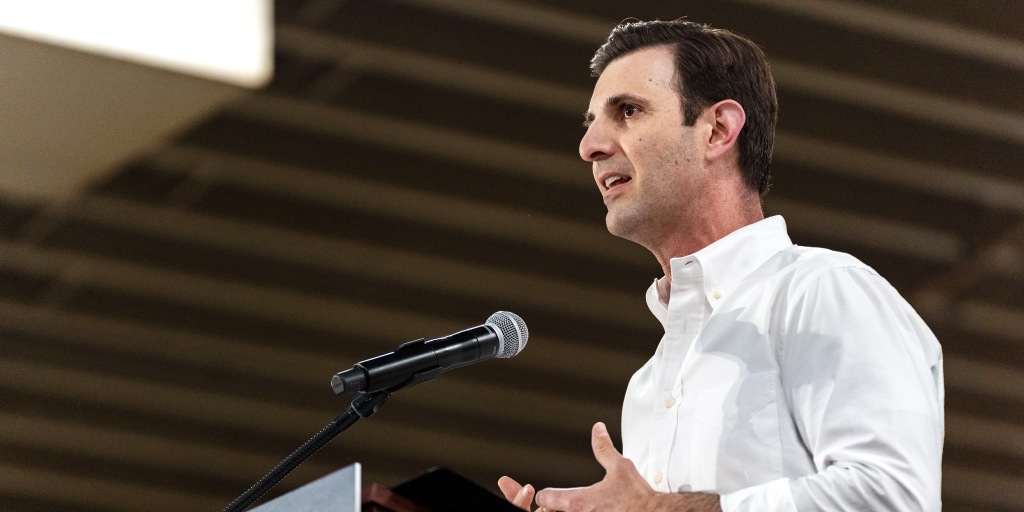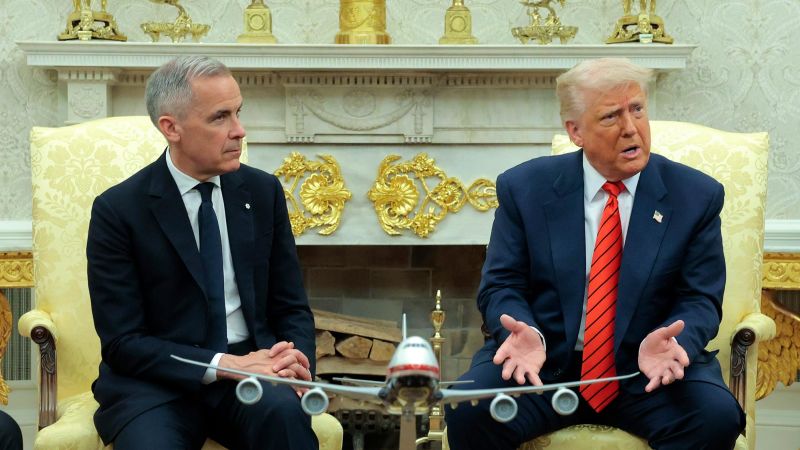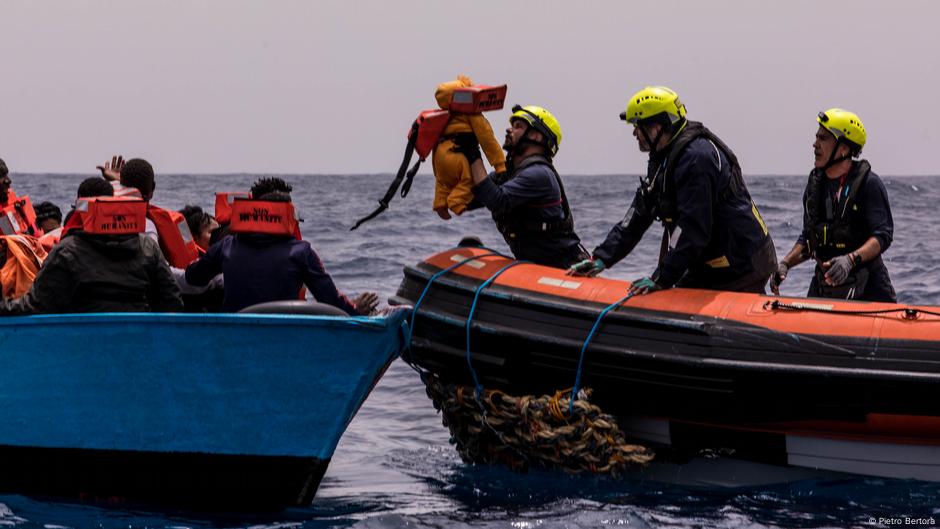
Controversial Migrant Relocation: Trump Team's Radical Libya Airlift Plan Sparks Diplomatic Uproar
Human rights organizations have raised urgent alarms about the dire conditions within the country's migrant detention centers, describing the facilities as shockingly inhumane and critically substandard. Advocates are demanding immediate intervention and comprehensive reforms to address what they characterize as a deeply troubling humanitarian crisis.









